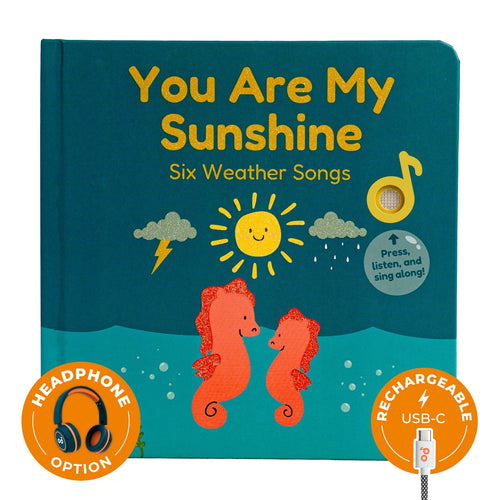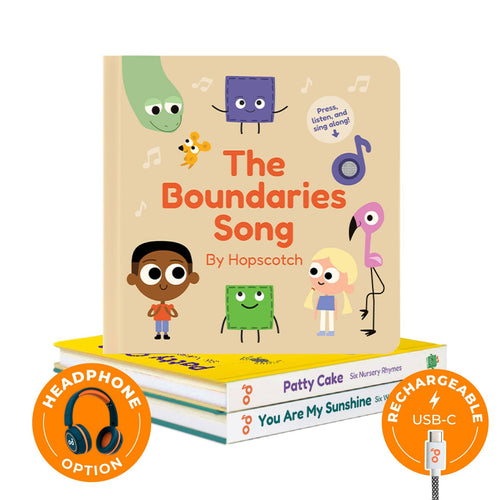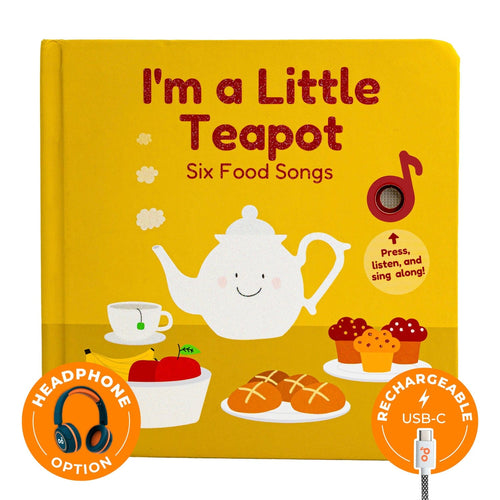Children who are exposed to multiple cultures enjoy many advantages that other children may not experience. Sometimes children are exposed to multiple cultures because they are immigrant families to a new culture. However, exposing your child to a new culture does not require a huge move. You can do this from within your own home. You may be wondering what kinds of advantages your child might enjoy from being exposed to multiple cultures and languages. Here are just a few of them.
Increased Empathy
Children who are exposed to multiple languages and cultures are more empathetic to other people. Student Global notes that “Immersing children in culturally diverse activities allows them to become more comfortable with the difference in race, religion, language, and lifestyle.”[1] These children are more open to differences between themselves and peers and note the difficulties that others face. Empathy cannot easily be taught. Increased empathy from learning about other cultures or languages does not mean that those not exposed have no empathy. They can have empathy, but children exposed to diverse populations are shown to have higher rates of empathy than those who are not.
Increased Earning Potential as Adults
You are probably not thinking about your child’s earning potential in twenty years when they are working adults. However, Grapeseed English for Children argues that they have more job opportunities in the future[2]. Candidates who can speak multiple languages are often preferred over those who don’t. Some job postings even show that bilingual or multilingual candidates are preferred. Additionally, in major cities or international companies, multiple language abilities are assets for working with others.
Better Cognitive Function
Children who are exposed to multiple languages also have better cognitive function. The problem-solving skills, mathematical, language, and reasoning skills are often improved. These skills are developed beginning in early childhood. Children with exposure to multiple languages and cultures often develop these skills more quickly. These skills are the foundations for every academic skill your child will encounter in school.
Children who learn multiple languages trigger more cerebral connections. These connections are also strengthened more the earlier they are made. When memory and cognitive development includes language skills, the risk of developing Alzheimer’s and dementia later in life is decreased. This decrease doesn’t replace familial risk factors, but it can help mitigate them.
Small Children Are Readier to Learn Multiple Languages
Some parents may notice that when their children are learning multiple languages, their first language develops more slowly. However, if the parents take the vocabulary from both languages into consideration, they will often find that they have more vocabulary than their monolingual counterparts. Learning multiple languages is also easier the earlier you begin. Young children are building vocabulary, and it is often easier for them to learn to words for an object or concept than to learn one now and one in twenty years. It becomes a part of their development rather than a relearning. Zero to Three points out that the vocabulary may build just a little more slowly, but these children can code-switch (use both languages simultaneously) and that they understand multiple grammar systems equally well. These skills are the markers of fluency in multiple languages.

Better Understanding of Multiple Perspectives
This advantage is different from empathizing. In a study cited by the University of Chicago, multilanguage learners could more readily understand when someone’s perspective was different and their requests were from that perspective[3]. Of course, the study was a small-scale examination, but the ability to take others into account was easier for those exposed to multiple cultures. They appreciate the differences from a new perspective.
Might Be Better at Ignoring Unnecessary Noise
Some studies have indicated that children who speak multiple languages are better at listening and focusing on the task at hand. This difference is because they can tune out the noise[4]. They can ignore useless information coming at them. These studies are new and have not been corroborated yet, but they have promise. When your child reaches school, there will be times that the noise level in the classroom or the surrounding area is distracting for most students. If your child is more able to focus, these minor distractions will not bother them. This ability could mean that they retain more information and pick up new skills more quickly due to staying on task.
More Overall Success
Because children who speak more than one language have better cognitive function and better job prospects, they are usually more successful overall. Their grades in school are often higher, which opens more post-secondary opportunities. Upon completing post-secondary education through university or trade education, they often have more job prospects and higher pay at those jobs. This improvement means that they tend to be more recession-proof and enjoy more overall success. Personal relationships may also benefit due to a better grasp of perspective and higher empathy.
Final Thoughts
There are many reasons you will want to expose your children to multiple languages. You do not even have to be fluent in each of these languages yourself. Exposure to languages and cultures other than one’s own is excellent no matter your age. Begin by reading books, watching videos, or listening to music from other languages and cultures. Explore these cultures through contact with others, community activities, and educational pursuits. Your child will thank you for it one day.

[1] https://i-studentglobal.com/what-to-study/student-lifestyle/why-diversity-exposure-is-important-in-early-education-development/
[2] https://grapeseed.com/us/blog/big-benefits-of-multiple-language-learning-for-children/
[3] https://news.uchicago.edu/story/children-exposed-multiple-languages-may-be-better-natural-communicators
[4] http://www.educationalneuroscience.org.uk/resources/neuromyth-or-neurofact/learning-two-languages-gives-an-advantage-at-school/









